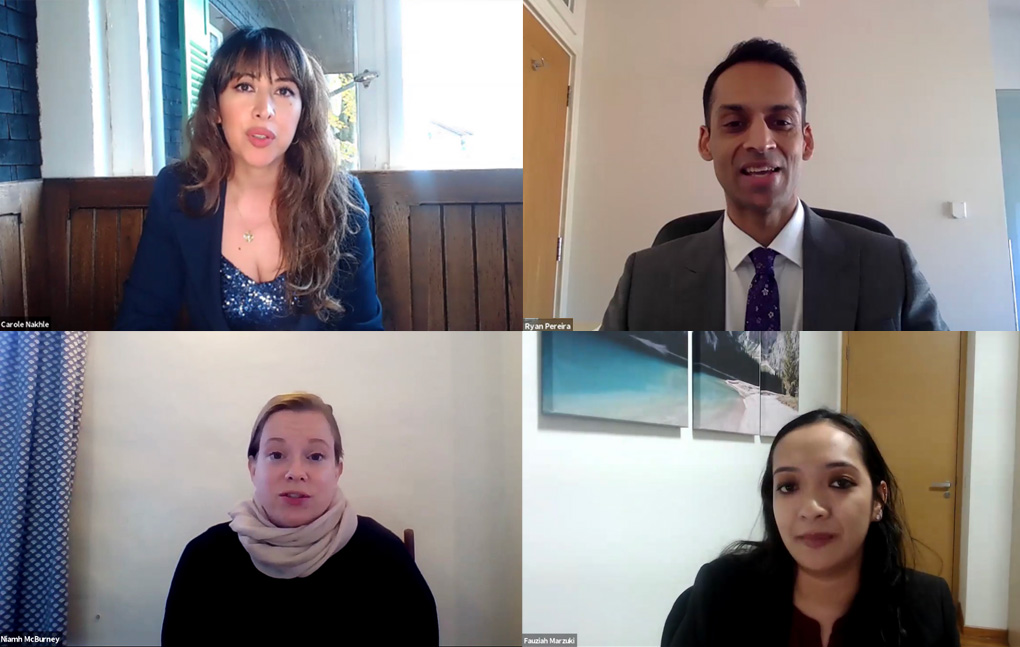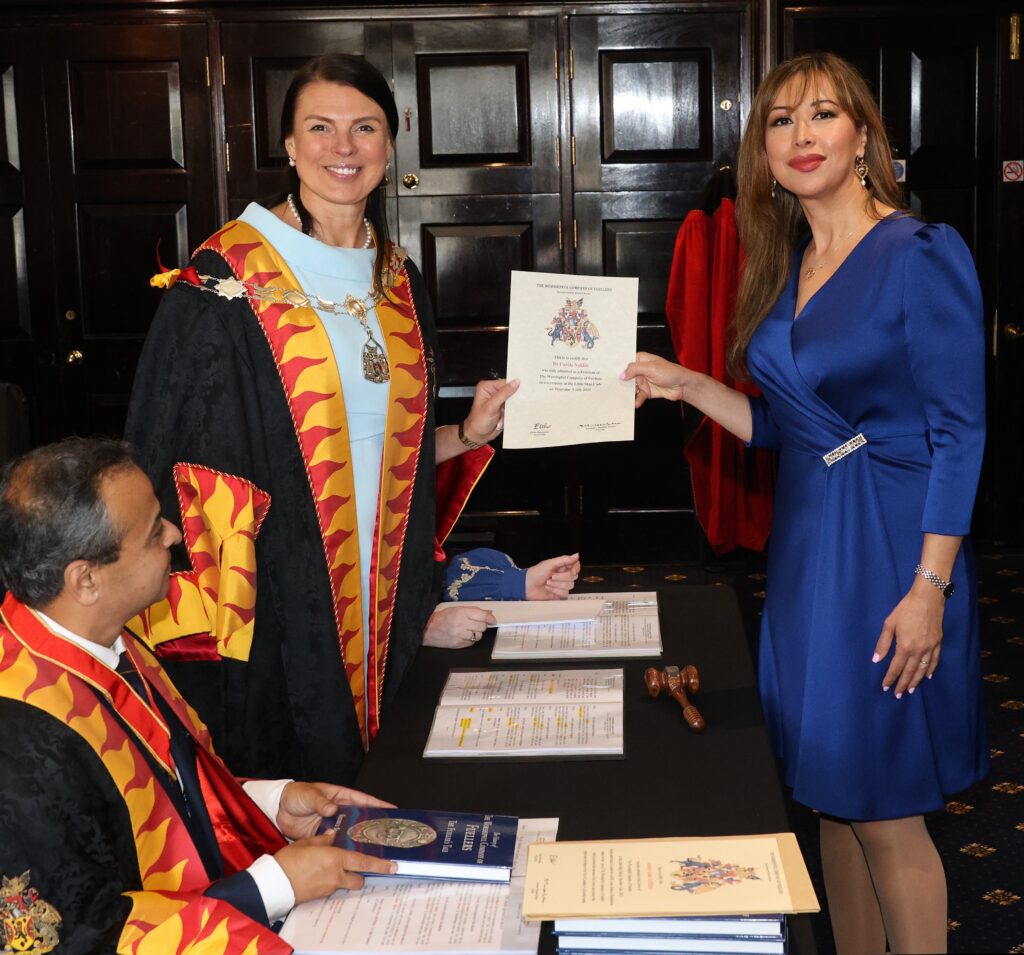Dr Carole Nakhle, CEO of Crystol Energy, discussed the opportunities and challenges in the LNG, gas, and power markets across Europe, Middle East and Africa (EMEA) at the Petroleum Economist’s LNG to Power Forum EMEA.
The session also covered the evolving electricity generation fuel mix in the MENA region, the LNG imports in a hydrocarbons-rich region, as well as the multiplication of Middle Eastern LNG markets.
Dr Nakhle’s key messages included:
- Unlike the sizeable oil sector, with its long history and deep development in the Middle Eastern region, the production and marketing of natural gas is a more recent and still an unfolding phenomenon, despite an abundance of proved, probably and possible resources.
- The Middle Eastern region holds 41% of world’s proven gas reserves (the majority of which – 74% – is concentrated in Iran and Qatar). However, it only accounts for less than 20% of global natural gas production. Only two countries – Qatar and Oman – are net exporters (largely LNG), of which just Qatar is significant on a global scale. Excluding Qatar, the region is a net importer.
- This is one intriguing aspect of the current situation and regional outlook: many net importing countries in the Middle East are currently aspiring to achieve self-sufficiency or even to become net exporters in the next decade.
- Below potential regional infrastructure, in particular the intra and inter regional pipeline network, is also far away from being commensurate with the region’s potential. There is only one significant intra-regional pipeline – the Dolphin project connecting Qatar, the UAE and Oman.
- Several pipeline proposals have been or are being under discussion but have failed to materialize, typically victims of the complicated political makeup of the region and which has made the ‘Middle East’ a byword for dispute and turmoil. Deep political, tribal and religious rivalries have proven to be more powerful than commercial common sense and such a reality is unlikely to change any time soon.
Dr Nakhle was joined by: Niamh McBurney, Head of Middle East and North Africa at Verisk Maplecroft, Ryan Pereira Global Director Gas & LNG at Gaffney Cline, and Fauziah Mrzuki (moderator), Head of Global LNG & APAC Gas at BloombergNEF.
The peculiarity of the Middle East natural gas:
To watch the full recording of the webinar, click here>
Related Analysis
“Eastern Mediterranean gas outlook gets murkier”, Dr Carole Nakhle, Aug 2020
Related Comments
“Nord Stream 2 pipeline’s future thrown into doubt following Russian opposition figure’s poisoning”, Dr Carole Nakhle, Sep 2020









